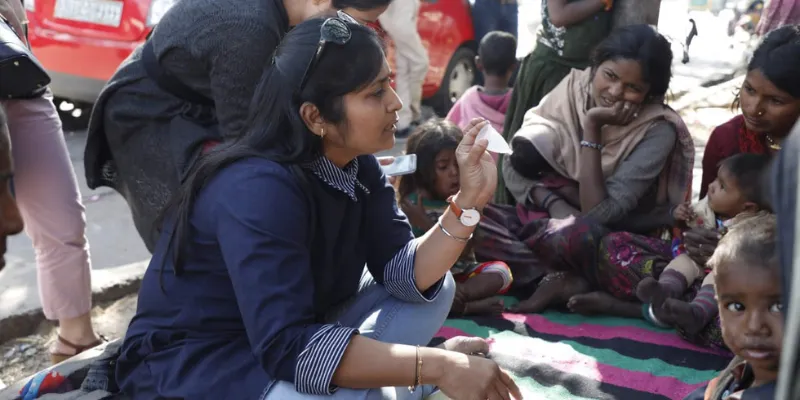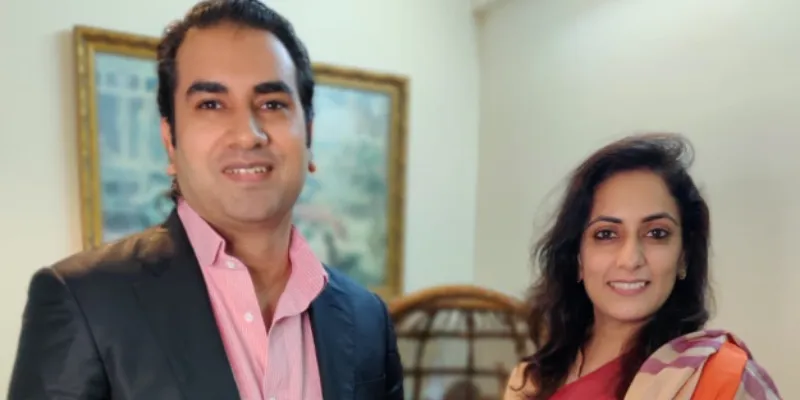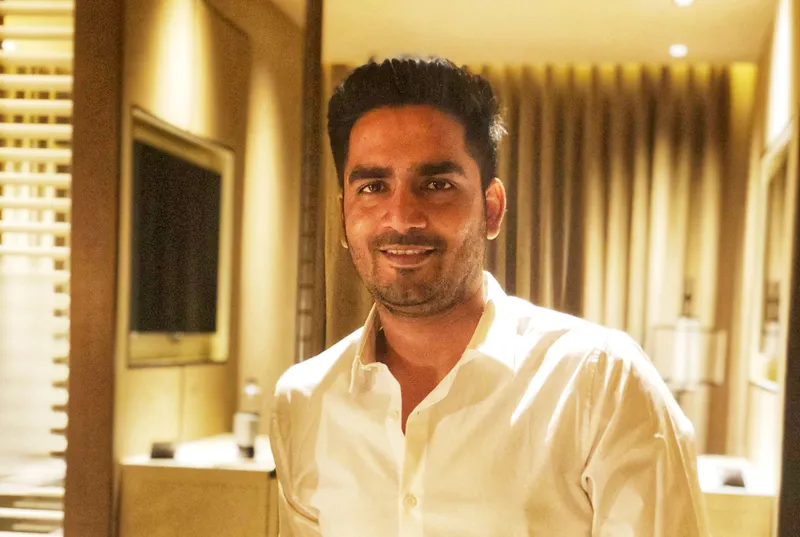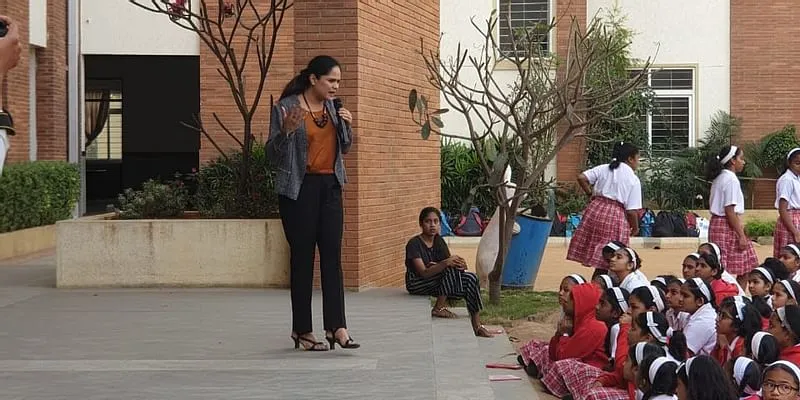From spreading menstruation awareness to celebrating a safe Diwali – top stories of this week
This week, SocialStory talked about how to celebrate a safe Diwali amid the pandemic. We also saw stories of individuals spreading awareness about sustainable menstruation.
While the coronavirus pandemic is still casting its doom, the festival of lights Diwali brings respiratory challenges due to toxic gases that are released by celebratory firecrackers.
However, it is heartening to see that many states have banned the use of crackers this Diwali, owing to the pandemic. So, this week, SocialStory listed a few tips to celebrate a safe and healthy Diwali.
Moreover, we also saw stories of women helping other women by spreading awareness about menstruation, and the stories of upskilling the underserved youth and employing them.
Here are the top stories of the week:
Celebrating a safe and healthy Diwali amidst COVID-19

Image Credit: YS Design.
Every time a cracker is ignited, a slew of toxic gases such as carbon monoxide, ozone, sulphur dioxide, and nitrogen oxides are released into the atmosphere. Not only does this harm the environment, but also human health.
With the coronavirus pandemic still active, the risk is only bound to increase. Keeping this in mind, the governments of Rajasthan, Odisha, West Bengal, Haryana, Delhi, and Karnataka recently decided to ban the sale of conventional crackers during the festival.
However, this does not mean that people cannot embrace the festive spirit and indulge in revelry. SocialStory got in touch with a few experts to gather tips and insights on celebrating a safe and healthy Diwali.
Spreading awareness about sustainable menstrual products

50-year-old Seema Khandale.
Seema was always keen on giving back to the community. She wanted to be a productive member of society and a genuine force for progress. However, due to certain unforeseen circumstances, she was not able to put it into action.
Realising that it is never too late, in 2015, she set up a non-governmental organisation called Ashay Social Group in Mumbai. Today, the NGO spreads awareness about the harmful effects of plastic on the environment by undertaking a slew of activities – from upcycling old fabrics into cloth bags to introducing sustainable menstruation options.
Paving the way for resilient communities through education and skill

Babar Mian and Shifali Mian, Co-founders, bmSAY Foundation.
As a popular adage goes – ‘Give a man a fish, and you feed him for a day. Teach a man to fish, and you feed him for a lifetime.’
Babur Mian and Shefali Mian had exactly the same line of thought when they established bmSAY Foundation in 2020. The Srinagar-based non-governmental organisation enables underprivileged youth to obtain gainful employment through a slew of academic and skill development initiatives.
The organisation believes in empowering people to become self-sustainable in the long run. Their endeavour is focused on fighting the underlying causes of poverty and paving the way for communities to lead a good standard of life.
Helping the migrant workforce find hyperlocal jobs in their hometowns

Atul Pratap Singh, founder
Founded by Atul Pratap Singh in July 2020, Jobsgaar aims to empower migrant workers — who returned home during the lockdown — by connecting them with the right employers in their cities, towns, or villages.
The to-be multilingual platform also assists everyone to explore and connect in their native language. At present, the website is available in three languages — English, Hindi, and Hinglish.
Due to the pandemic, Jobsgaar has extended its services to any job seeker, besides migrant workers, with the right qualifications. So far, it has helped about 6000 job seekers find jobs amidst the pandemic.
Giving back to society by teaching disadvantaged rural women menstrual hygiene facts

A session with the students of Sacred Hearts Girls' High School
According to a 2014 report by the NGO Dasra, nearly 23 million girls drop out of school annually due to lack of proper menstrual hygiene management facilities like availability of sanitary napkins and logical awareness of menstruation.
With such shocking statistics as a trigger, Anitha decided to lay the foundation to her efforts and started the NGO Sakriya in 2017. Through Sakriya, she reaches out to underprivileged women and children in Bangalore and remote villages across Karnataka and conducts awareness campaigns on menstrual hygiene and regularly distributes sanitary kits paid for from her own pocket.
Edited by Saheli Sen Gupta










